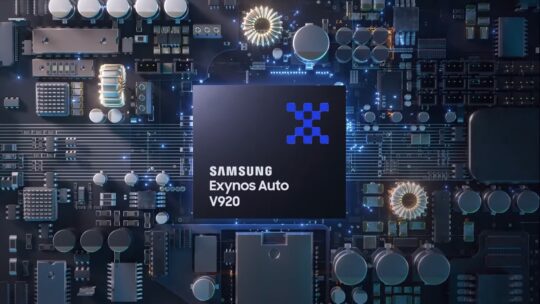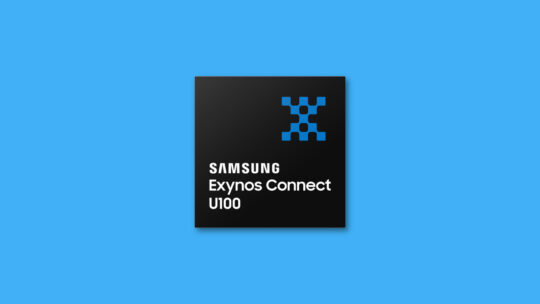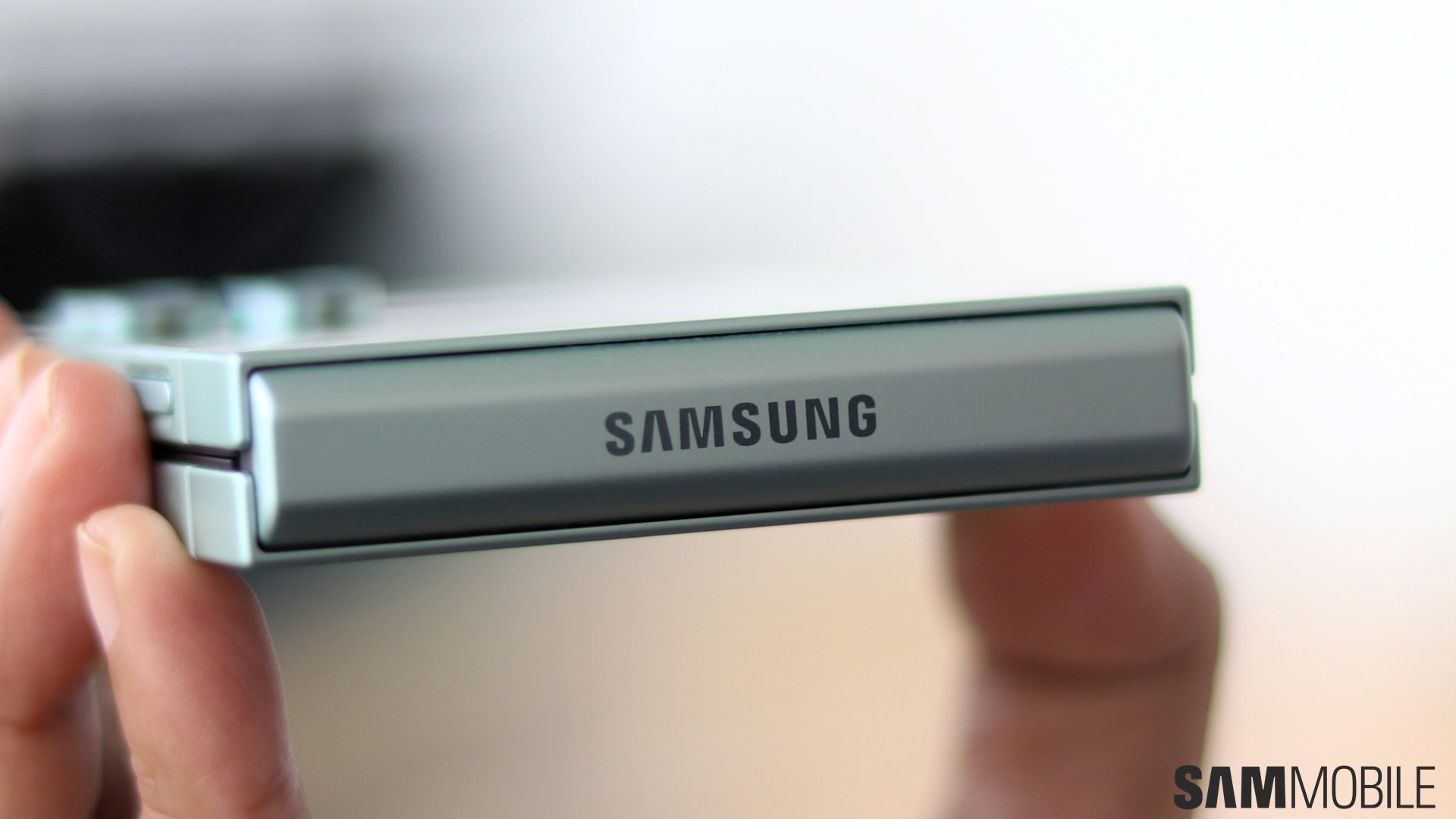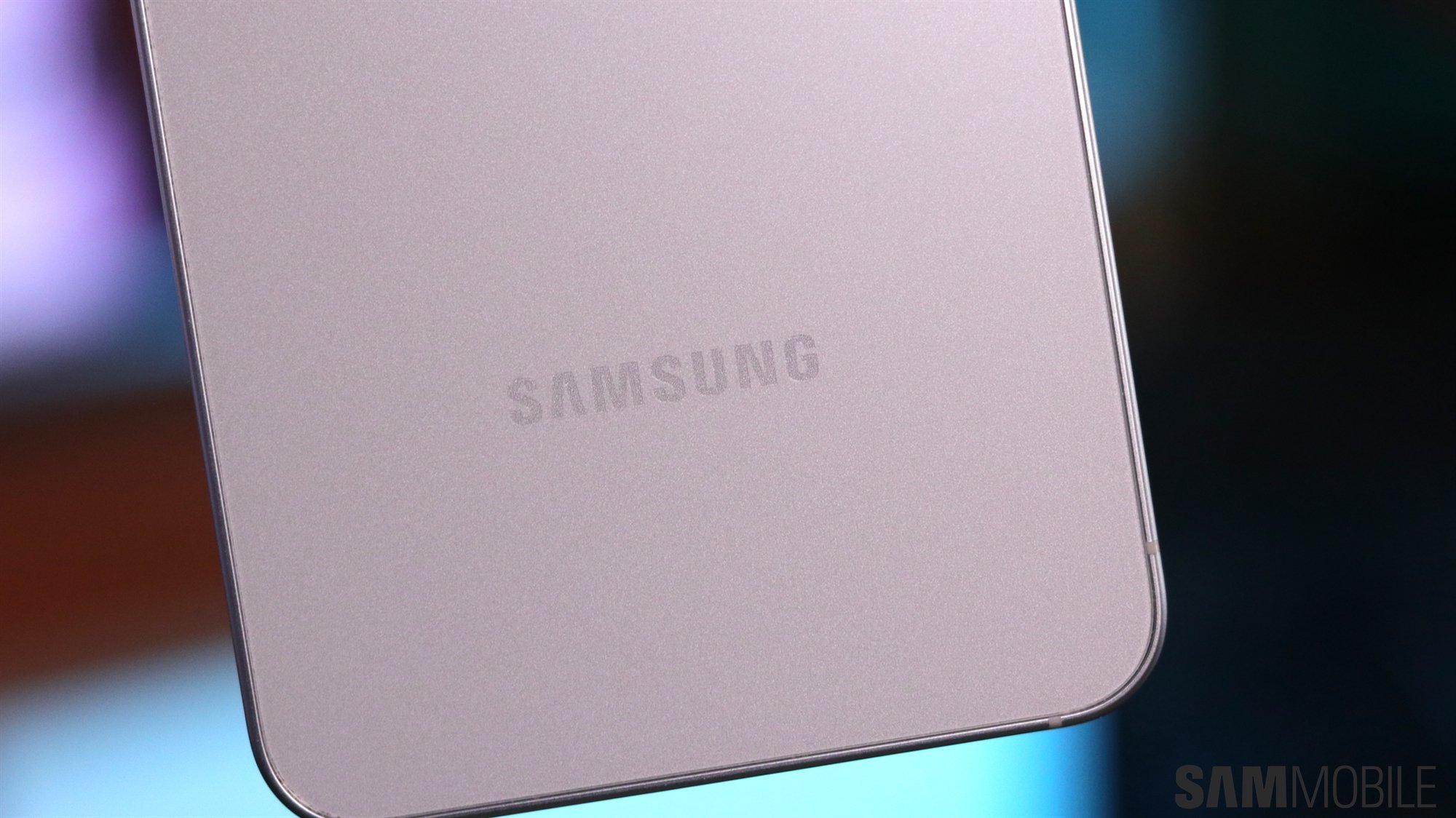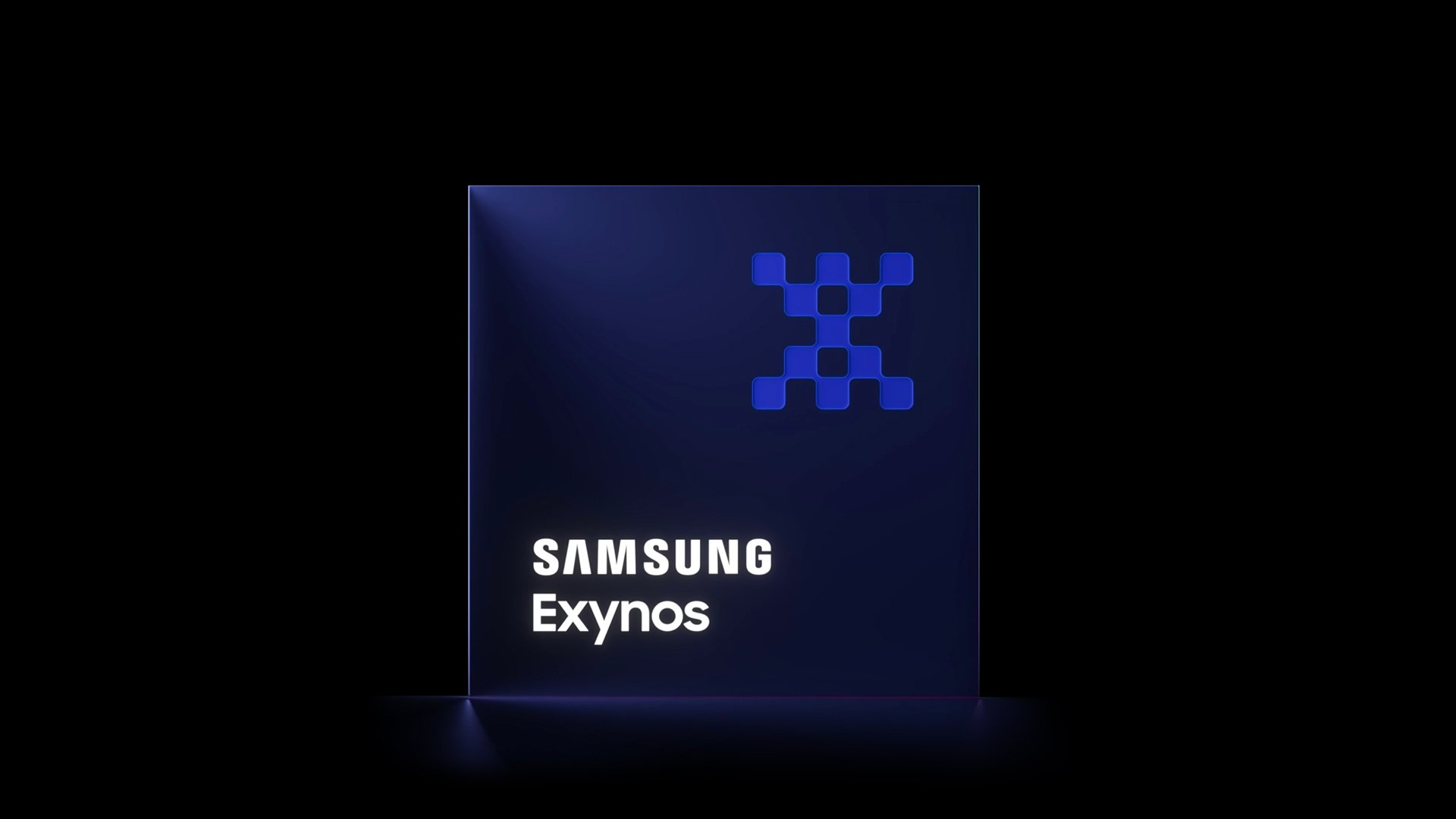
Samsung offered an early look at the Exynos 2400 during its SLSI Tech Day event in San Jose, California, USA. The company is leaning heavily on AI and Generative AI for all its new semiconductor technologies and products, and the Exynos 2400 isn't any different. The new chip will most likely be used in the Galaxy S24 that will launch early next year.
70% faster CPU, next-gen AMD RDNA3 GPU architecture
Samsung claims the Exynos 2400 offers 70% faster CPU performance and an incredible 14.7x faster AI processing than the Exynos 2200. The new chip also features the Xclipse 940 GPU based on AMD's latest GPU architecture: RDNA3. Previous leaks claimed this new chip has 6 WGP (Workgroup Processors) in the GPU.
The South Korean firm claims the Xclipse 940 GPU offers improved gaming and raytracing performance. The company showcased the Exynos 2400's substantially improved raytracing capabilities during the event through a live demo. It offered enhanced realism in games through raytracing technologies, including global illumination, more accurate reflections, and shadow rendering.
Exynos 2400 has impressive Generative AI performance
Regarding AI capabilities, Samsung introduced a new AI tool designed for the upcoming smartphones (probably the Galaxy S24 series) that can demonstrate text-to-image Generative AI using the Exynos 2400 chipset. For the demonstration, a reference board was used to gauge the performance of the Exynos 2400 processor.
Yong-In Park, President and Head of System LSI Business at Samsung Electronics, said, “Generative AI has quickly emerged as perhaps the most significant trend of the year, demanding more powerful foundational technologies to process data and bring AI to life. We are paving the path toward a new era of proactive AI, leveraging our Samsung System LSI Humanoid platform, which seamlessly converges our capabilities across a broad spectrum of logic semiconductors, from powerful computational IPs, connectivity solutions to sensors emulating the main five human senses.”
The company's next-generation 5G modem is compatible with NB-IoT (Narrowband Internet of Things) NTN (Non-Terrestrial Networks) technology, offering satellite communication to smartphones. Samsung showcased a video of this feature in collaboration with Skylo Technologies. This likely hints at two-way satellite communication on the Galaxy S24 series for emergency messaging. The company will reveal more details about the Exynos 2400 soon.
Samsung Anyplace Zoom aims to bring an entirely camera zoom experience
Samsung also announced the Zoom Anyplace technology for its 200MP camera sensors. This new technology is claimed to offer “an entirely new camera zoom experience, allowing mobile users to take up to 4x close-ups of moving objects without any image degradation.” Samsung phones have always had shutter lag issues; if this technology can help improve that, it would be a huge step up. It also uses AI-based tracking technology to automatically follow and capture images of objects while simultaneously recording videos, ensuring that no moment or detail is left uncaptured.
Samsung also showcased the Exynos Auto V920 chip for automotive. It is a 10-core processor that can run multiple applications across several screens in connected cars. The ISOCELL Auto 1H1 image sensor offers 120Hz dynamic range and impressive LED flicker mitigation for improved safety and advanced driver assist technologies in autonomous vehicles.
The South Korean firm also announced a new wireless charging power management IC (integrated chip), QD-OLED DDIC (Display Driver Integrated Chip), Exynos Connect U100 UWB chip, ISOCELL Vizion branding for vision sensors, and a new Smart Health processor during the SLSI Tech Day 2023 event.















